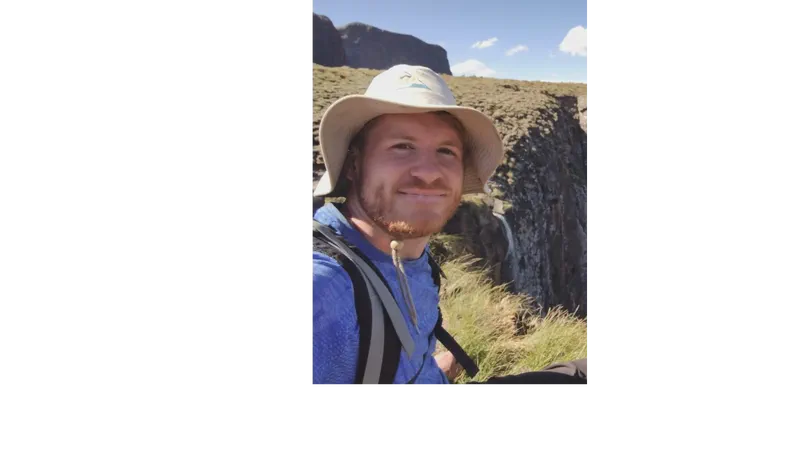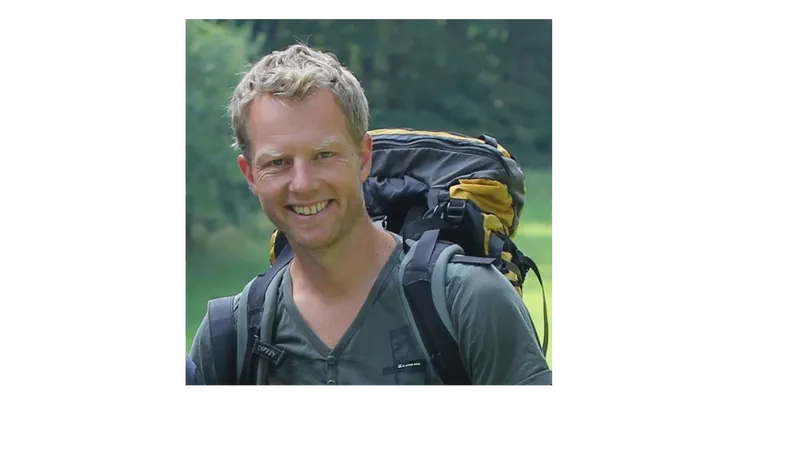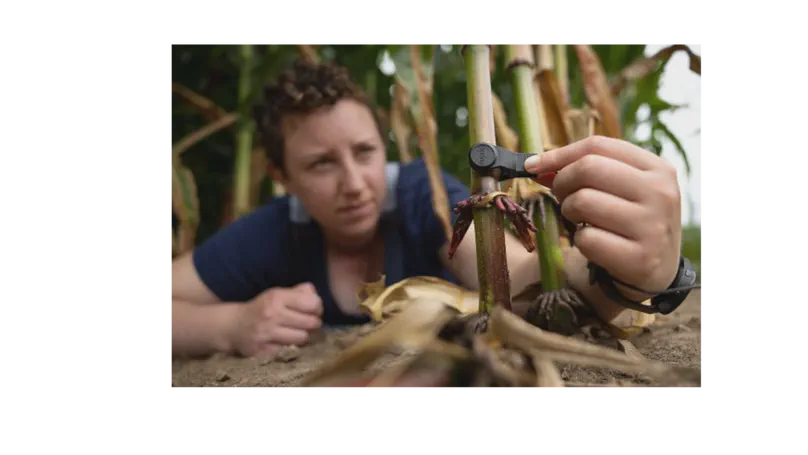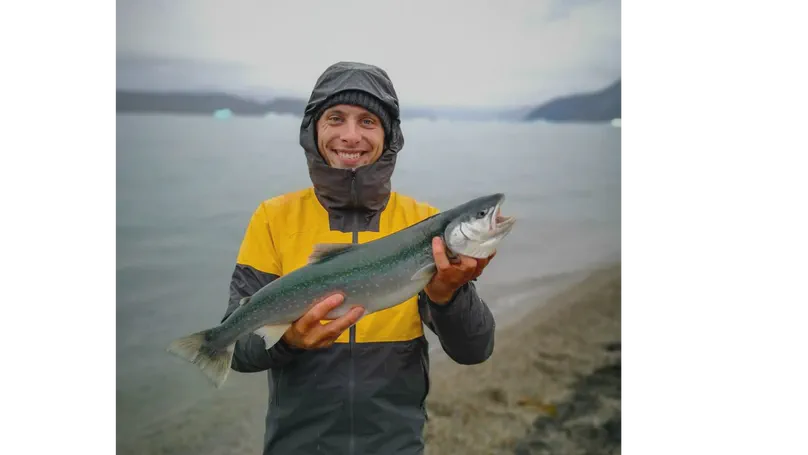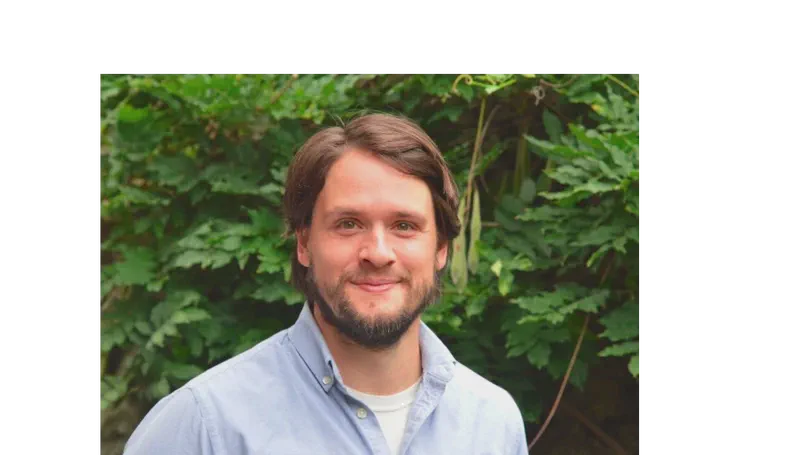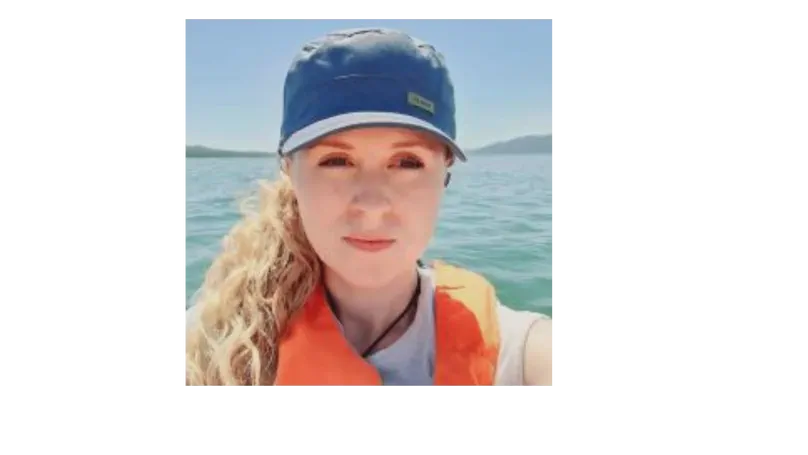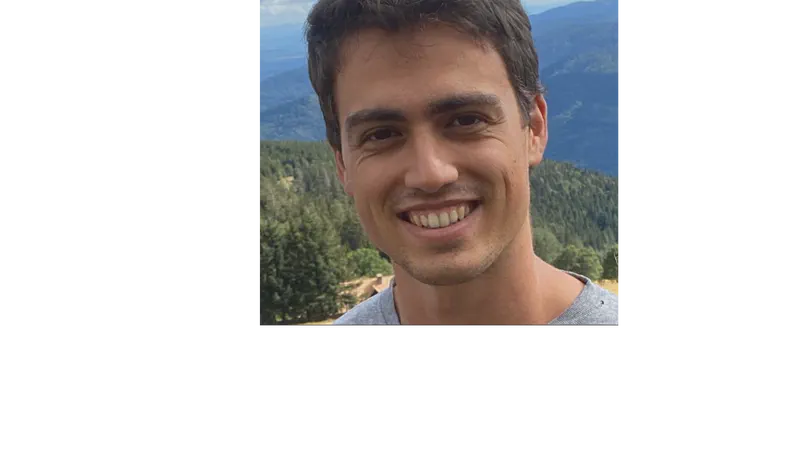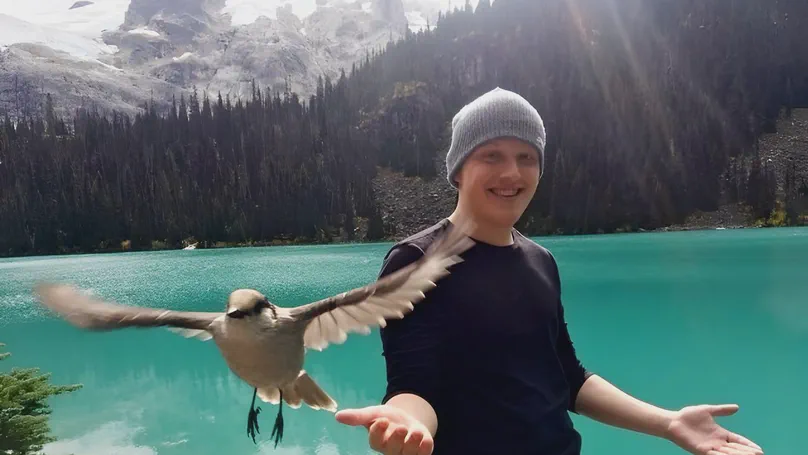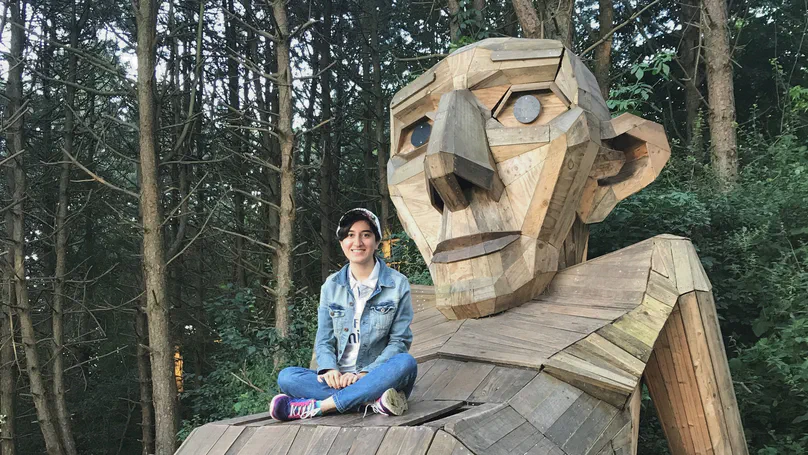A Summer School for Automated Monitoring of Insects
AI and deep learning are transforming research in ecology and entomology, but starting to use and developing these methods – and applying them to real-world problems – can be daunting. InsectAI ACCESS empowers early-career researchers to leverage state-of-the-art imaging techniques, AI and other methods to tackle challenges in insect ecology and entomology.

Where and when
ACCESS-2025 is an in-person, residential summer school based in the beautiful Mols Bjerge National Park near Aarhus, Denmark. The event will run from September 28th to October 3th, 2025.
What we offer
- • A fully-funded course - free tuition, accommodation and food, and travel refunds for the selected candidates
- • We will fully fund between 15 and 20 participants, but might be able to host a handful of self-funded candidates
- • A series of guest lectures and practical workshops from international experts
- • A project-based learning experience within a multidisciplinary student team
Who the course is for
- • Biologists (entomologists, ecologists, etc) wanting to apply computational methods to their fields
- • Computer and data scientists (engineers, physicists, etc) seeking to translate their expertise to study insects
- • We particularly support early-career researchers (graduate students, PhDs and postdocs)
How to take part
- • Read the application section
- • Fill the application form
Venue

The Mols Laboratory
Summer school participants will get free food and board at the Mols Laboratory research station.
Situated in the beautiful Mols Bjerge National Park, participants will develop new skills while immersed in Danish wildlife. Having recently become a “Nature National Park”, Mols Bjerge is home to a rewilding project in which Exmoor ponies and Galloway cattle are allowed to roam freely across large areas of the estate.
During automated monitoring field tests and extra-curricular excursions, participants will experience these rewilding agents in action, as well as the results of the rewilding process.

Application
Course requirements
The course is designed for early career researchers interested in computational entomology, whether they come from a biological or data science background. Specific requirements are as follows:
- Programming experience – Candidates must demonstrate at least basic programming skills, ideally in python. Otherwise, candidates will be expected to develop those skills by the start of the course.
- Time commitment – You must confirm that, if selected, you will be able to dedicate time to prepare for the course (30h, remotely) and then physically attend the 5-day event.
- Above all, candidates must be excited to apply new technologies and methods to answer interesting biological questions!
Selection process
We will assess the motivation, competence and vision of applicants using this application form. The form requests the following:
- Motivation (Text) – You will need to provide a motivation statement (max 1500 characters) explaining your background, why you are interested in the topic, and what you hope to gain from the summer school. Ensure you explain what you have already done in this direction.
- CV (PDF) – You must provide a CV, which will help us understand your background, seniority and current expertise.
- Project idea (text) – Importantly, this course is project-based. You must describe, in 1500 characters, a specific research question or problem you (or others) have or (will have), related to insect ecology, behaviour, entomology, etc. Ensure you explain both the biological context and how this course would help you address this issue. Do not be afraid of being creative and thinking out of the box: your project could be to monitor behaviour in the field or in the lab; to detect or quantify traits in insect specimens; to build novel hardware or mobile applications; to automate a task you can already do or to obtain new content. We are interested in any project related to computational entomology, and will consider projects related to other terrestrial invertebrates.
Matching process
We will also ask you several additional questions during your application. Should you be selected, we will use this information to form teams of candidates based on complementary skills and interests.
Throughout the project work, you will work within your team to develop an independent project idea rooted in computational entomology. You will be supported throughout the process, both before and during the summer school, by a mentor who will work with you and your team, with multiple opportunities to exchange with other teams and mentors.
To complete your application, please fill out the application form by April 15th, 2025.
Past Editions
Last year we ran the first edition of ACCESS with (ACCESS-2024), which, due to the dedication of the students and mentors, was a huge success, and we learn a lot about from each other. In 2024, we received more than 100 applications, but could only select 20 participants. Therefore, we are thrilled to have an opportunity to run the course again and offer this learning opportunity to more.
More information and material is available on the ACCESS-2024 website.
Preliminary Program

Contributors
Contact
Acknowledgements
This summer school is funded by the InsectAI COST Action, read more about the COST Association here.
